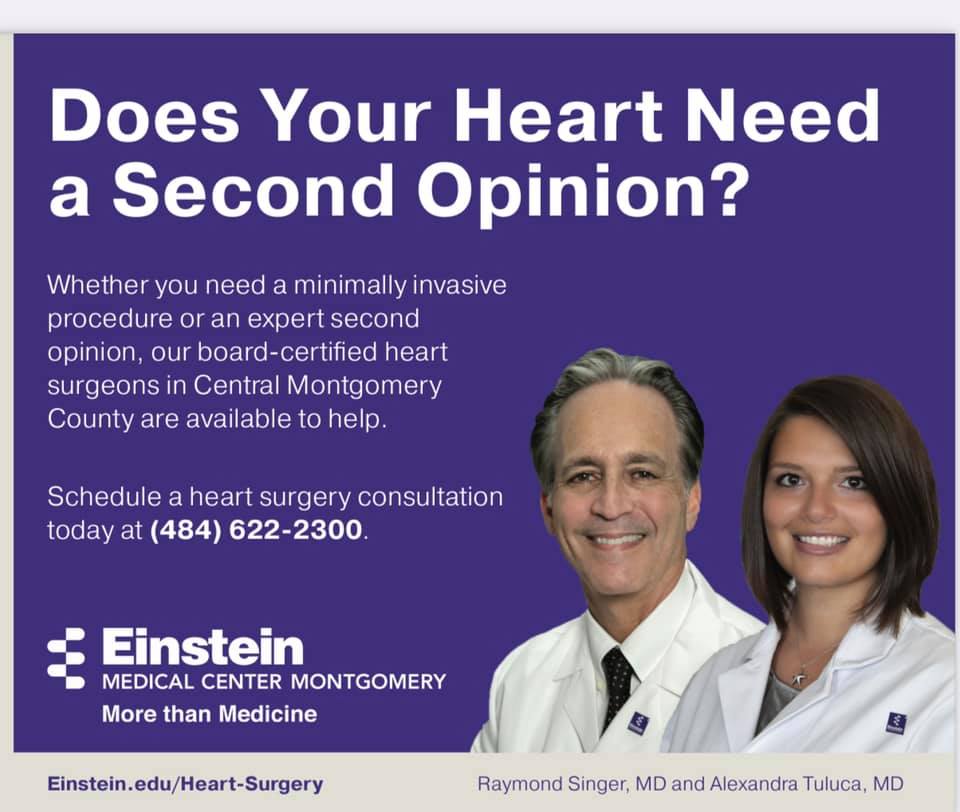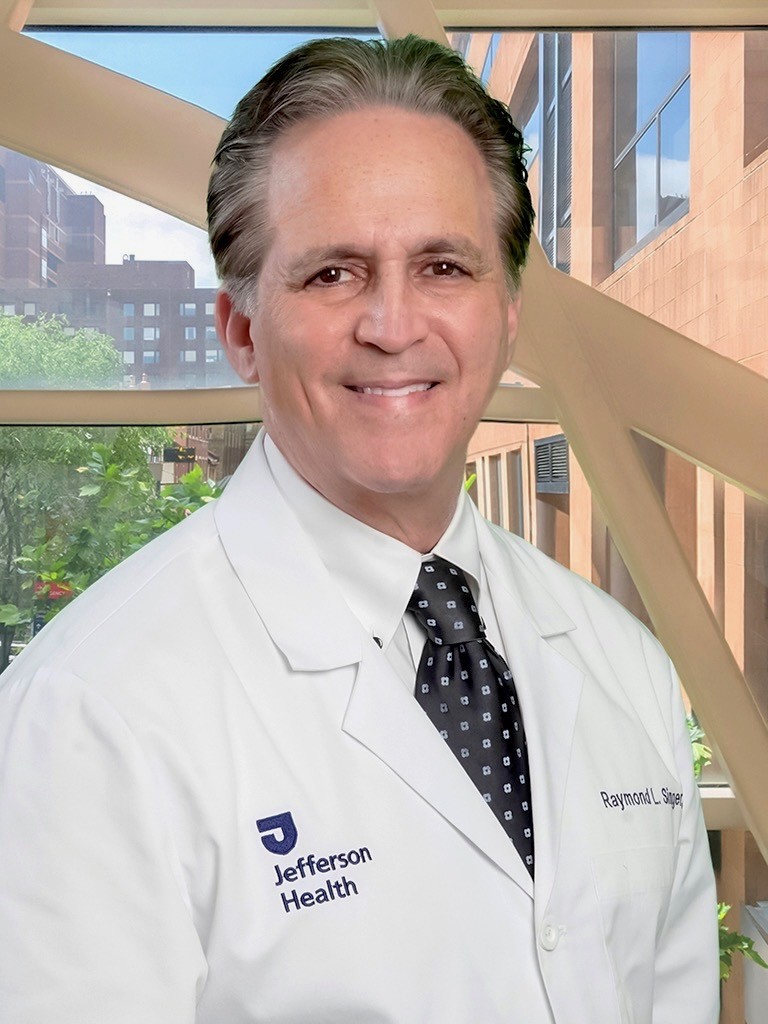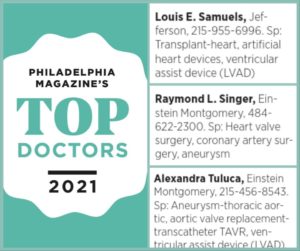
Getting a Second Opinion
Experience is the most important quality you need in a surgeon. It is crucial that you ask your surgeon the following key questions: How many years have you been in practice? How many of these procedures have you performed in the past 2 years? How many total procedures do you perform? And, most importantly, what are your outcomes?
If your surgeon cannot answer these questions, or if your surgeon is unwilling to answer these questions, then you are in the wrong office! And, guess what, you DO NOT need to have your surgery done by the surgeon your physician recommended. You DO have the right for a second opinion, including if that opinion needs to be at a DIFFERENT hospital network!
It sickens me that patients are led to believe that they do not have a choice. Many patients come to me from other hospital networks, including those with heart surgery programs. That’s because more and more patients are using the Internet and demanding “second opinions.”
Watch this video to understand the importance of getting a second opinion. One of my patients tells his story of being turned down for high risk repeat valve surgery at another hospital and how he was told by that surgeon that he had less than two years to live.
The patient was told that if he wanted to have the high risk repeat open heart surgery that he would have to go to the Cleveland Clinic or to Philadelphia. Instead, the patient went on a friend’s recommendation to seek a second opinion with me… his story was told on the PBS Channel 39 Tempo In Depth Show:
Second Opinions at Work!
With permission from my patient to post, this remarkable 80-year old woman was on life support just two weeks ago at another hospital where she was deemed high risk for heart surgery and sent home. Her daughter asked to see me for a second opinion.
Six days ago, I performed an urgent triple valve open-heart operation, replacing her aortic and mitral valves, repairing her tricuspid valve, restoring her heart rhythm, while closing her left atrial appendage to reduce her risk of further stroke from atrial fibrillation. A big operation but one that she needed. She is heading back home today to Jim Thorpe, Pennsylvania, all smiles and feeling well.
Take home message… always get a second opinion! You do have options that are worth traveling just a few extra miles for personalized, high-quality care!
With permission from my patient to post, Greg came to me for a second opinion after having double valve surgery 8 years prior at another hospital in Philadelphia. At that time, he had a biologic aortic valve replacement and a mitral valve repair.
Unfortunately, the biologic aortic valve deteriorated quickly and the mitral valve repair was unsuccessful. Over the past many years, he developed severe heart failure, but was continued to be observed by his original team.
Clearly, his only chance was a redo-double-valve operation, which we performed a little over a month ago at Einstein Medical Center Montgomery. His heart failure was so advance that he couldn’t breathe on his own, requiring a tracheostomy.
Now, 6 weeks after surgery, his tracheostomy is out and healed, his voice and his heart strength have returned to normal! After years of suffering, he is now a new person!

Fernando came to Einstein Medical Center Montgomery after being told he was too high risk for heart surgery. In the video to the left, you can see him, post-op day 4 (5th day in hospital) and he is going home feeling fine. More importantly, he received “complete arterial revascularization, including endoscopic radial artery harvest of his left arm.
Here’s the lesson… always seek a second opinion. I’ve learned in my career that personalized experienced care is the key! You’re never just a number with our team at Einstein!
Another example of the benefits of a second opinion can be seen in the case of this active 77-year-old man from Carlisle, Pennsylvania. He was troubled by severe tricuspid valve regurgitation secondary to chronic atrial fibrillation.
His symptoms included extreme tiredness, shortness of breath with activity, and swelling in his abdomen and legs.
In his words, he “wanted to avoid surgery at all costs,” so he was referred by his cardiologist in Harrisburg to a hospital in the Philadelphia to be part of a research study for a new percutaneous tricuspid valve procedure. When the patient was randomized to medical therapy instead of corrective surgery, he sought a second surgical option.
The patient came to Jefferson Einstein Montgomery Hospital (Jefferson Health) and underwent a tricuspid valve repair via a sternotomy, using the heart-lung machine, but without stopping the heart —beating heart technique.
The tricuspid valve was successfully repaired and he is ready for discharge to home on the 5th post-operative day, reporting an immediate improvement in his symptoms and minimal to no incisional discomfort.
Conventional tricuspid valve repair remains the gold standard for patients with severe symptomatic tricuspid regurgitation, who are active and low-risk for surgery.


